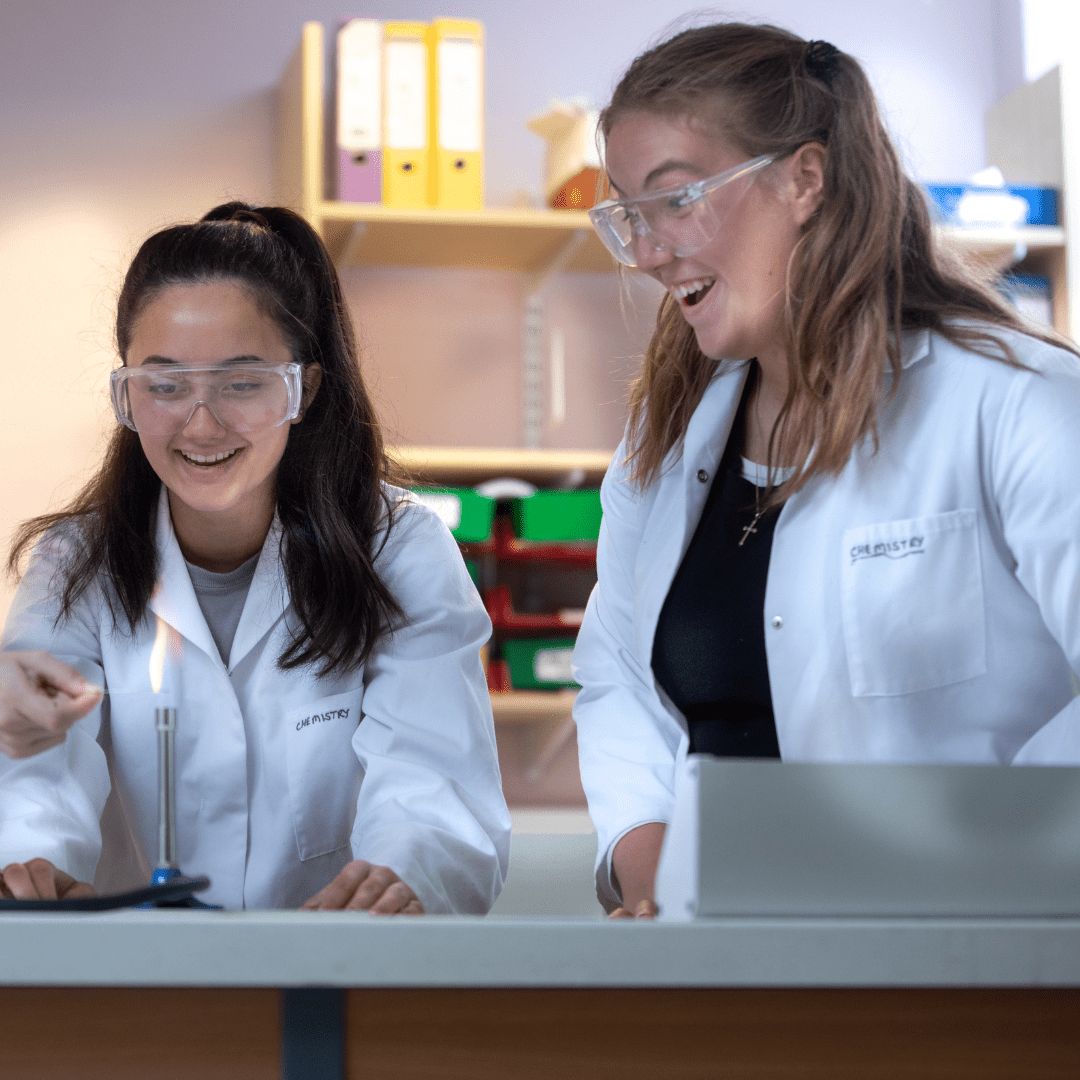- Home
- Senior School
- Subjects
General overview about subjects
The Abbey offers a wide range of subjects taught by specialists in their field.
English and the Arts

The creative arts encompass everything that is vibrant, dynamic and full of life. Intrinsically bound up with emotion, performance and communication, studying the creative arts enables deeper understanding of the world we live in and our response to it. Skills are developed in practical exposition and critical appreciation and are valuable both for personal satisfaction and in an enormous range of careers.
English, Drama, Art, Music and Food and Textiles are all offered as curriculum subjects through to Sixth Form. In addition, these departments offer extra-curricular clubs which allow many students opportunities for developing their practical and performance skills.
Humanities

Humanities at The Abbey School comprises Geography, History and Philosophy of Religion at all Key Stages, and Business Management, Economics and Global Politics as additional options in the Sixth Form. These subjects, in their broadest sense, are all disciplines that study human culture. Each is taught as a discrete subject by specialists in their field and all flourish within the school curriculum. At GCSE and at both A Level and IB the results in all the humanities are impressive, with many students continuing to pursue these subjects at University.
The Humanities provide our students with a plethora of skills which will be highly valued by their employers in the future:
- Critical Thinking
- Analysis
- Research
- Communication
- Synopticity
- Creativity
- Global Perspective
The departments all enhance their offering with field trips (in the UK and overseas) and talks from visiting experts.
Languages

Whether ancient or modern, languages hold the key to communication and understanding. In an increasingly global employment market, communicating to colleagues and customers in their native tongue is a distinct advantage that sets you apart from the competition. Studying other languages and cultures broadens your horizons and is a fascinating way in which to engage in the world around you.
“Own only what you can always carry with you: know languages, know countries, know people. Let your memory be your travel bag.”
Aleksandr Solzhenitsyn
The languages department at The Abbey is full of enthusiastic linguists (many of whom are native speakers) who delight in introducing the language and culture of their homelands. The students get their first taste of language learning in The Junior School where we teach Spanish, German and French and everyone studies French and Latin in Upper III (Year 7) and then students choose to add German or Spanish in Lower IV (Year 8). IGCSE Languages is a popular subject choice and in the Sixth Form the students can choose between IB or A-level. Many students also like to study Italian and we are delighted that a number of students now attend leading universities to pursue their studies further.
“Languages are like animals, they evolve from each other.”
Student
Of course, the best way to learn a language is to visit the country, so the department organises regular visits to Spain, France, Germany and Italy, often working with other departments to devise a cross-curricular programme with many strands of interest. Whether it’s finding the perfect present at the German Christmas markets, discussing the economic future of Europe in Paris, delving into the works of Homer or sampling the gastronomic delights of Italy and Spain, languages unlock a world of discovery. We also run a variety of clubs and our Foreign Language Assistants make speaking more fun.
Mathematics and Sciences

Mathematics, Biology, Chemistry, Physics and Computer Science are taught as separate subjects, by specialists, at all Key Stages with Further Mathematics and Psychology offered in addition in the Sixth Form. Bucking the national trend for students, these subjects are all popular in the Sixth Form at The Abbey and many students go on to study STEM and other related subjects at university.
These disciplines provide opportunities for the students to develop a range of skills from hands on practical work (with 4 dedicated labs for each separate Science) and computer programming to the power of combining logical and creative thinking in problem solving.
Specialist days, visits, clubs and cross-curricular activities complement the standard curriculum time and enable the students to see how solving real life problems comes from combining and applying what they learn in the different subjects.

